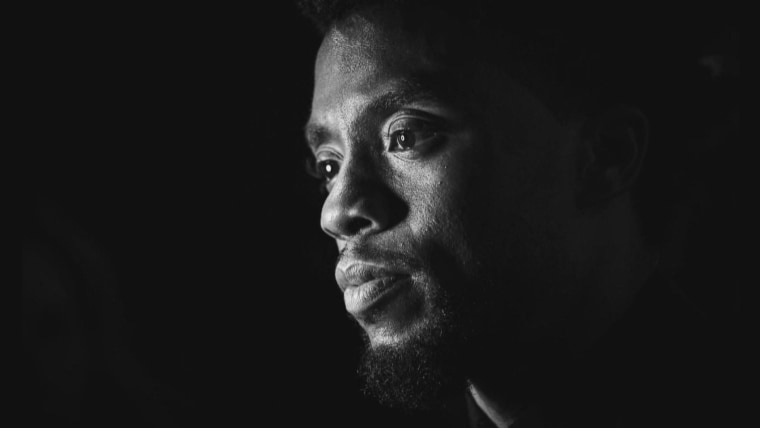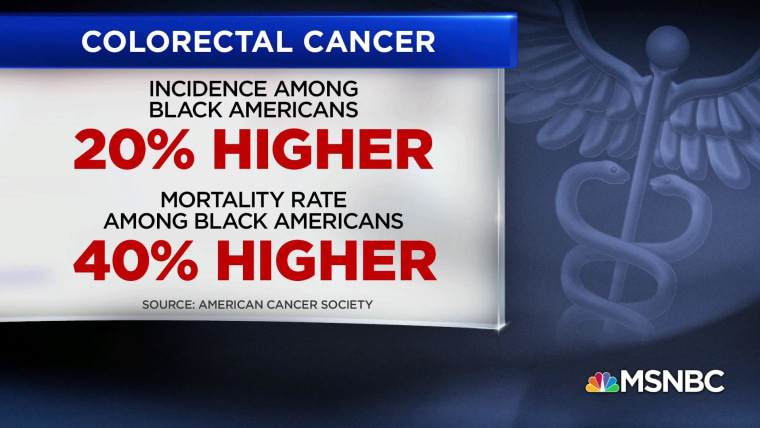The first time we meet Chadwick Boseman’s T’Challa in “Captain America: Civil War,” he tells Scarlett Johansson’s Natasha Romanoff, “In my culture, death is not the end.”
Today, those words hit differently. The Wakandan culture T’Challa refers to may be make-believe, but the feeling is real. As we mourn and celebrate Boseman, who died Friday from cancer at age 43, we are feeling the full impact of his work, punctuated by his extraordinary starring role in “Black Panther.”
The physicality required for a Marvel superhero isn’t easy for those in perfect health, and to battle a debilitating disease, to boot, is just otherworldly.
As our nation continues to grapple with what Black Lives Matter truly means, pondering whence Boseman came helps to fully appreciate his destination. His hometown, Anderson, South Carolina, acknowledges that it is named for “Revolutionary War hero” Robert Anderson, yet it downplays his slave owner status, sidestepping who exactly worked his 2,100 acres of land, most of it dedicated to cultivating cotton. As was common in the South, T.L. Hanna High School, from which Boseman graduated in the 1990s, didn’t admit Black students until 1971, nearly 20 years after the 1954 Brown v. Board of Education Supreme Court decision ending school segregation.
He left South Carolina to attend Howard University in Washington, D.C., one of the most distinguished among the nation’s historically Black colleges and universities. There, the world of theater, film and television became real for him. At the time, directing and writing were his motivators. Boseman discovered that gift in high school when he wrote his first play, “Crossroads,” in response to his basketball teammate’s being shot and killed. Acting then came from his desire as a director to better understand actors. When he later pursued acting, he was well aware of its challenges.
“You don’t have the same exact experience as a Black actor as you do as a white actor. You don’t have the same opportunities. That’s evident and true,” he told The Associated Press while promoting his breakthrough role as Jackie Robinson, who crushed Jim Crow in major league baseball, in the movie “42.” “The best way to put it is: How often do you see a movie about a black hero who has a love story — with a black woman, or any woman for that matter. … He has a spirituality. He has an intellect. It’s weird to say it, but it doesn’t happen that often.”
Boseman became one of the notable exceptions. On the heels of Jackie Robinson, he again captivated audiences and critics with his portrayal of James Brown in the 2014 biopic “Get On Up.” In 2017, he played Howard law school alum Thurgood Marshall, who won the Brown v. Board decision and became the nation’s first Black Supreme Court justice, in “Marshall.”
Today we honor his game-changing role as T’Challa in “Black Panther,” the Marvel Cinematic Universe’s first film centered on a Black superhero. Superhero films in American pop culture are gateways to dreaming big, particularly in encouraging young people to use all of their gifts in service to the world. In a country where the dreams of Black boys, especially, have historically been limited and killed, the magnitude of that gift cannot be overstated.
Director Ryan Coogler wrote that Boseman, anticipating the global Black conversation that “Black Panther” would spark, approached his role with purpose and intentionality. He “advocated for his character to speak with an African accent, so that he could present T’Challa to audiences as an African king, whose dialect had not been conquered by the West.” It was also Boseman’s decision to pepper the film with Xhosa, the original language of the iconic South African leader Nelson Mandela.
Recognizing that Boseman filmed “Black Panther” and the subsequent “Avengers” films after having been diagnosed with colon cancer is just beyond comprehension. The physicality required for a Marvel superhero isn’t easy for those in perfect health, and to battle a debilitating disease, to boot, is just otherworldly. It’s proof that Boseman didn’t let anything keep him from living out his dreams and fulfilling his purpose.
Boseman’s additional post-diagnosis roles included the fallen soldier Stormin’ Norman in Spike Lee’s “Da 5 Bloods,” honoring the Black Vietnam experience, released in early summer, as well as a cop caught in a web of police corruption in last year’s “21 Bridges.” It’s more than fitting that his very last film is the first screen adaptation of iconic playwright August Wilson’s award-winning “Ma Rainey’s Black Bottom” from Netflix, also starring Viola Davis and produced by his idol, Denzel Washington.
Until the end, Boseman never wavered in his commitment to portray and honor the dignity of the Black experience. Just last year, Boseman, flanked by his “Black Panther” castmates, referred to “To Be Young, Gifted and Black,” the title of the play and biography of “A Raisin in the Sun” playwright Lorraine Hansberry and also the title of the Nina Simone classic, as he accepted the cast’s Screen Actors Guild award.
He explained how their devotion to “Black Panther” stemmed from racism and bigotry. “We know what it’s like to be told that there is not a screen for you to be featured on, a stage for you to be featured on,” Boseman said. With that knowledge, he said, the opportunity to “create a world that exemplified a world that we wanted to see” was bigger than the promise of any award or box office returns.
Chadwick Boseman didn’t just popularize the phrase “Wakanda Forever,” which also serves as shorthand for “Black excellence”; he embodied it and passed it on.













